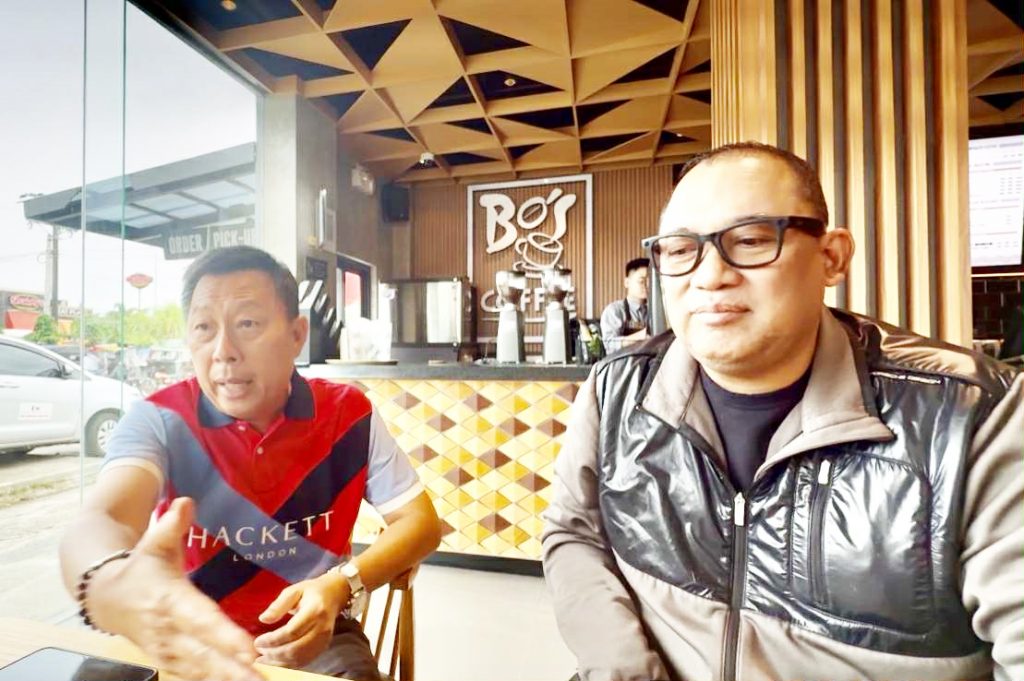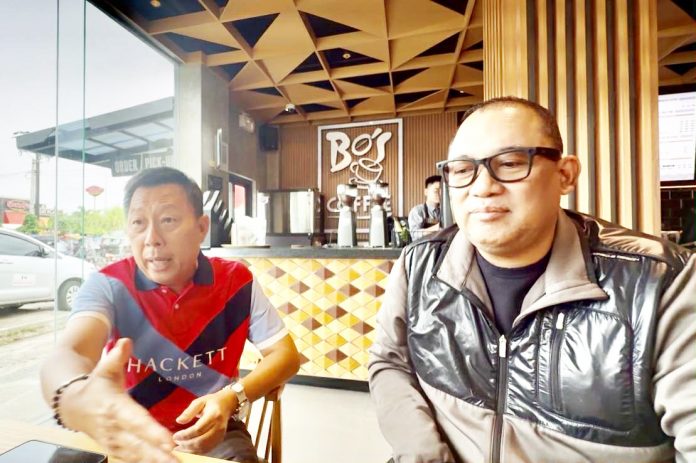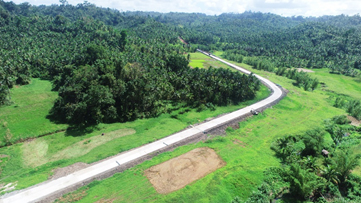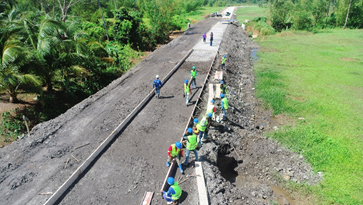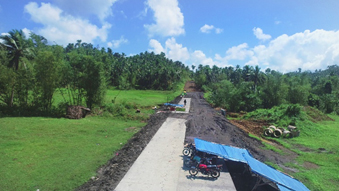‘Malayo Pa Pero Malayo Na”
There was a time when a simple meal of rice and dried fish, or bulad was enough. For many families in Northern Samar, that was not just a choice it was all they could afford. Canned sardines were seen as classy and fast food was something only seen in commercials or heard of from relatives in the city. Back then, the dream of eating in Jollibee or McDonald’s felt as far away as Manila itself.
But walk through Catarman today and you will see something different. There are long lines of students and workers buying fries and sundaes at McDonald’s. Young families are dining in Jollibee after church. Supermarkets like Gaisano Grand Mall and Savemore are now part of everyday life. These signs of economic change may seem simple, but they reflect a deeper transformation, one that has touched the lives of thousands of Nortehanons.
Not long ago, Northern Samar ranked among the poorest provinces in the country. In 2015, over 61 percent of the population lived below the poverty line. By 2018, poverty incidence among families was still at 27.4 percent. But through consistent efforts by the provincial leadership, local governments, and development partners, the numbers began to shift.
In 2021, poverty incidence among families dropped to 19.3 percent. Even with rising prices and challenges brought by disasters, it remained relatively low at 21.8 percent in 2023. According to the Philippine Statistics Authority, Northern Samar now has the lowest poverty incidence among the three Samar provinces. More than 78 percent of families can now afford their basic food and non-food needs. It is a quiet but powerful sign that people are starting to live with dignity and more opportunity.
Behind these numbers are the stories of people who found work and stability. The Provincial Public Employment Service Office (PESO) reports that of over 10,000 jobseekers assisted from 2022 to 2024, nearly 8,000 have been successfully placed in employment. That is a placement rate of over 78 percent. The 2022 PSA Labor Force Survey also recorded a 95.7 percent employment rate in Northern Samar, one of the highest in the region. Unemployment stood at only 4.3 percent. Job fairs, local recruitment activities, and youth career guidance programs helped thousands of Nortehanons find opportunities without leaving their province.
While jobs in the services and retail sectors are growing, agriculture remains at the heart of many communities. Over 3,000 farmers have benefited from projects in vegetable farming, cassava, jackfruit, swine, and fish production. Many of them now enjoy increased harvests and better income.
Local road development, improved port facilities, and irrigation systems are also transforming daily life for farmers, students, and small businesses. What used to be hours of difficult travel is now more accessible.
The rise of new supermarkets and fast-food chains is more than just about convenience. The opening of Gaisano Grand Mall and Savemore in Catarman has brought jobs, boosted local retail, and given residents access to more affordable and varied goods. The arrival of global fast-food brands like Jollibee, McDonald’s, and KFC reflects growing investor confidence in Northern Samar’s economy.
Where once there were only carinderias and sari-sari stores, now stand restaurants, cafes, and franchise businesses that attract both locals and visitors. The province’s small and medium enterprises are also thriving through support from trade fairs like Bahandi, where local products have gained national attention and exceeded sales targets.
The services sector is now the biggest contributor to the province’s economy, accounting for over 58 percent of the provincial GDP. With a of P66,888, Northern Samar is no longer seen as left behind.
Tourism is slowly becoming a livelihood source. With cascading waterfalls, pristine beaches, and rich cultural heritage, more visitors are discovering what locals have long known the beauty and warmth of Northern Samar. The provincial government continues to invest in local tourism sites and capacities, ensuring that communities benefit directly from tourism.
The journey is far from over. There are still communities facing hardship, areas needing better infrastructure, and families striving for stability. But today, Northern Samar is stronger, more connected, and more hopeful than it has been in decades! While we can recognize what needs to be done, we can also be inspired of what we have achieved.
Malayo Pa, Pero Malayo Na Rin ang Narating.
From meals of bulad to family dinners in fast-food chains, from footpaths to concrete roads, from joblessness to job fairs, Northern Samar is rising slowly, steadily, and surely.
This is not just a story of progress. It is a story of people reclaiming their dignity, of a province once written off, now rewriting its future.
(JHON ALLEN BERBON, Provincial Economic Development and Investment Promotions Office HEAD)
